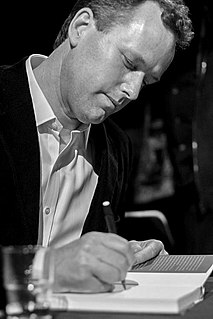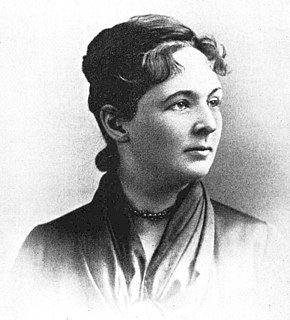A Quote by Theodor Adorno
It is Proust's courtesy to spare the reader the embarrassment of believing himself cleverer than the author.
Quote Topics
Related Quotes
Every reader, as he reads, is actually the reader of himself. The writer's work is only a kind of optical instrument he provides the reader so he can discern what he might never have seen in himself without this book. The reader's recognition in himself of what the book says is the proof of the book's truth.
I encourage courtesy. To accept nothing less than courtesy, and to give nothing less than courtesy. If we accept being talked to any kind of a way, then we are telling ourselves we are not quite worth the best. And if we have the effrontery to talk to anybody with less than courtesy, we tell ourselves and the world we are not very intelligent.





































